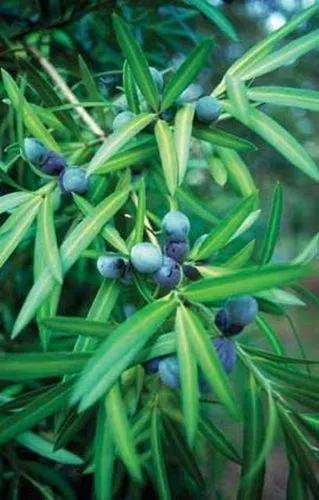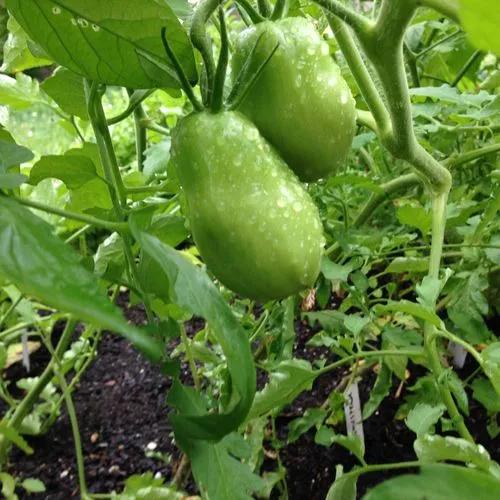Durio kutejensis, commonly known as durian pulu, durian merah, nyekak, Pakan, Kuluk, or lai, is a primary rainforest substorey fruit tree from Borneo. It is a very attractive small- to medium-sized tree up to 30 m tall. It has large, glossy leaves, numerous large, red flowers that emit a strong carrion smell at anthesis. This species is reportedly pollinated by giant honey bees and birds, as well as bats. The large durian fruit it bears has thick, yellow flesh with a mild, sweet taste and creamy texture similar to that of Durio zibethinus. It bears fruit late in the season.
Durian Pulu Care
Durio Kutejensis



Durio kutejensis is a small to medium-sized tree, growing up to 30 metres tall, with a bole that can be branchless for up to 12 metres, with low, rounded buttresses. The species is cultivated for its popular fruits throughout Malesia and are the most similar to those of the true durian, D. Zibethinus. It is also sometimes grown as an ornamental. The natural habitat of this species is threatened by forest degradation due to logging and shifting agriculture and in Indonesia there is evidence of genetic erosion within populations. Consequently, the tree has been classified as 'Vulnerable' in the IUCN Red List of Threatened Species(2009).A tree of medium elevations in the moist tropics, found at elevations up to 1,300 metres. Trees are usually found on clay-rich soils in the wild. The flowers are produced on older branches. Trees can commence fruiting when 4 - 5 metres tall.
How to Care for the Plant

Popularity

32 people already have this plant 6 people have added this plant to their wishlists
Discover more plants with the list below
Popular articles






